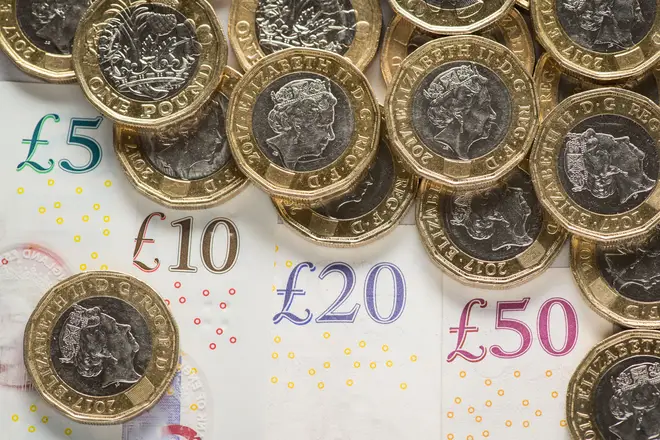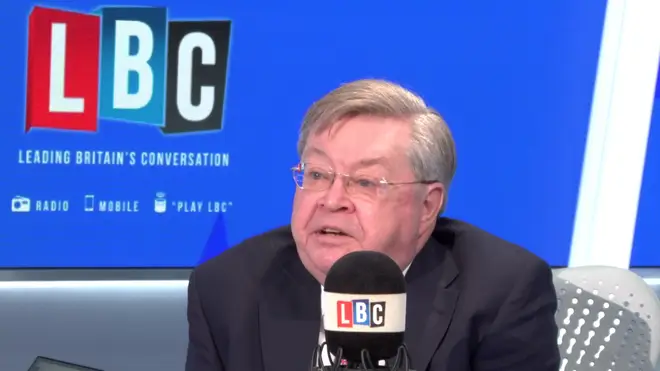
Iain Dale 10am - 1pm
9 January 2019, 15:01 | Updated: 9 January 2019, 15:03
As Brexit day inches ever closer, what would a no-deal exit mean for the UK’s economy? A former policy member at the Bank of England has given LBC his take.
MPs are continuing to debate Theresa May’s Brexit deal ahead of the scheduled vote next Tuesday.
The Prime Minister has warned of “uncharted territory” if, as widely expected, she is defeated.
MPs have already begun flexing their muscles in a bid to prevent a no-deal Brexit.
Last night 20 Tory rebels backed a cross-party amendment to the Finance Bill to limit the government’s ability to change taxes in the event of a no deal.

But what would happen if, as is currently the default position, Britain leaves the EU on March 29th with no agreement?
“The impact on the pound would probably happen before the impact on the economy,” Ian McCafferty told LBC’s Nick Ferrari.
“In fact, we’re seeing the impact on the pound already.
"Immediately after the referendum, the pound fell by about 15 per cent - it has remained at those low levels.
“Over the course of the last few months as we’ve seen the possibility of a no-deal exit increase, we’ve seen the pound have some very weak days as well.”

Mr Mcafferty warned it was “quite possible” of “more pain” for the pound in the event of a no-deal exit.
“I suspect we’d see a continued selling of the pound,” he added.
Last year the Bank of England insisted the UK’s banks could withstand a disorderly exit.
It subject seven major lenders to a “stress test” which the Bank said was more severe than all Brexit scenarios.
Despite all the banks passing, Mr McCafferty warned a no-deal Brexit would “still do significant damage and destruction” to the economy.
“The first area would be in the sense of business confidence and uncertainty,” he said.
“We are already seeing that all of the surveys do suggest they have lost confidence over the course recent months as it has become clear that getting a deal is becoming more difficult.
“That is manifest in terms of the rate of growth in the economy and in particular performance of business’ investment.
“We’ve gone over the course of the last couple of years from being the fastest growing economy in the G7 to being the slowest.”

